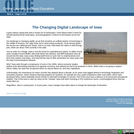
The Changing Digital Landscape of Iowa
- Subject:
- Education
- Material Type:
- Activity/Lab
- Reading
- Provider:
- AEA
- Provider Set:
- OLLIE
- Author:
- Evan Abbey
- Date Added:
- 12/01/2016

The Changing Digital Landscape of Iowa
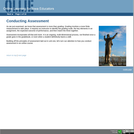
Conducting Assessment
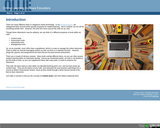
Content Tool Types for Online Learning
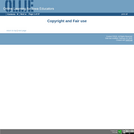
Copyright & Fair Use
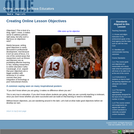
Creating Online Learning Objectives
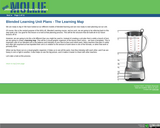
Creating a Blended Learning Unit Map
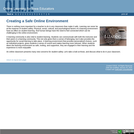
Creating a Safe Online Learning Environment
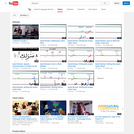
Critical Language Service offers playlists with video lessons that explain the material in Alif Baa, Al-Kitaab 1 (through lesson 11), and a series on Egyptian vocabulary. Videos designed for the Alif Baa series focus on stories to illustrate new vocabulary while the series designed for Al-Kitaab explains grammatical concepts introduced in the books, and demonstrate proper pronunciation. They also offer a playlist of 60 cartoon episodes in Arabic.
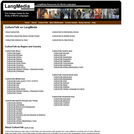
CultureTalk - Arab World features a very extensive selection of filmed interviews with people from different countries in the Arabic speaking world. While some interviews are in English, the vast majority are in Arabic. Translations and usually transcripts are provided for all non-English video clips. Topics include family, food, education, religious and cultural customs, work, art, sport, travel, etc. The regions covered are the Levant, North Africa, Egypt, and Mauritania, with an Iraqi section on the way.
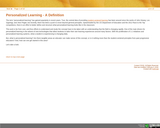
Definition of Personalized Learning
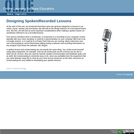
Designing Spoken/Recorded Lessons
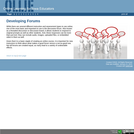
Developing Forums
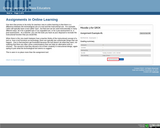
Developing Online Assignments
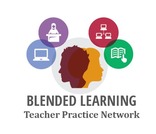
Are we teaching what we think we are teaching?""Are students learning what they are supposed to be learning?""Is there a way to teach the subject better, therefore promoting better learning?"In problem based learning, assessment needs to not only reflect the learning process but the content being learned as well.This online learning module will explore the following learning targets: •Identify how formative and summative classroom assessments are integral to instruction.•Recognize and develop high-quality performance assessments for evaluating student work.•Recognize and develop high-quality rubrics for evaluating student work.

Are we teaching what we think we are teaching?""Are students learning what they are supposed to be learning?""Is there a way to teach the subject better, therefore promoting better learning?"In problem based learning, assessment needs to not only reflect the learning process but the content being learned as well.This online learning module will explore the following learning targets: •Identify how formative and summative classroom assessments are integral to instruction.•Recognize and develop high-quality performance assessments for evaluating student work.•Recognize and develop high-quality rubrics for evaluating student work.
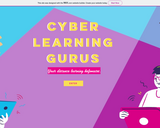
The website is collectively made and authored by students from the University of the Philippines Open University under the program of Multimedia Studies.
The educational content on the website is divided into the following modules:
Module 1: Introduction
Module 2: Study Skills
Module 3: Finding and Sharing Information
Module 4: Organizing Files Digitally
Module 5: Time Management
Module 6: Making the Most of Online Classes
Module 7: Conclusion
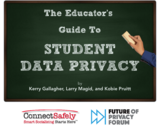
This guide is meant to help teachers utilize technology in the classroom while protecting their students’ privacy.
Technology tools and apps are making it possible for educators and students to collaborate, create, and share ideas more easily than ever. When schools use technology, students’ data—including some personal information—is collected both by educators and often the companies that provide apps and online services. Educators use some of this data to inform their instructional practice and get to know their students better. It is just as essential for educators to protect their students as it is to help them learn.
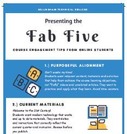
Sharable artifacts from a Bellingham Technical College learning community exploration of online student engagement in 2016-2017.

Evaluating OLPs
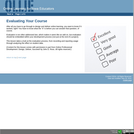
Evaluating Your Course